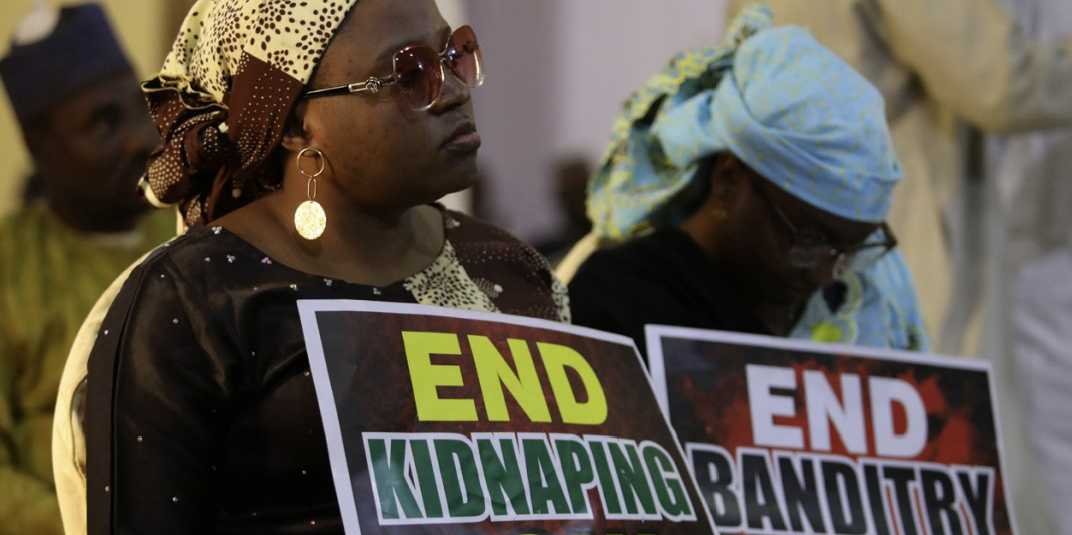By Jamie Bergin
People with disabilities having to pay carers to carry them within health facilities. + Local leaders selecting undeserving service users for social protection support, at the expense of poor families who need it. + Officials colluding to put non-existent “ghost teachers” on the books of rural schools, to siphon off already scarce resources. + Women students being coerced into giving sexual favours to pass the next class, with no repercussions for the perpetrator. marginalised communities, Transparency International’s national chapters in the Democratic Republic of Congo (DRC), Ghana, Madagascar, Rwanda and Zimbabwe conducted corruption risk assessments in these sectors as part of the Inclusive Service Delivery for Africa project. Each chapter selected and studied different functions within the two sectors, largely with an eye to services and operational areas that most impact women, girls and groups at risk of discrimination. What do all these examples have in common? The answer is an abuse of power for private gain, that is exclusionary of marginalised groups and deprives them of education and health care they are entitled to. Corruption undermines the equal access to quality education and health services. The result is the failure of states to uphold fundamental rights and meet basic needs – with women, girls and groups at risk of discrimination shouldering the impacts most severely. Corrupt practices and associated abuses of power deprive millions of people of the opportunities that well-functioning education and health institutions can provide. While this is clearly a human rights issue at the individual level, the aggregate impact on socio-economic development can be ruinous for societies straining to escape the traps of poverty. At the same time, corruption widens the equality gap faced by marginalised groups, and aggravates social exclusion. To better understand how in practice corruption obstructs access to health care and education for These national-level findings revealed stark common trends, pointing to a multitude of corruption risks occurring across the entire service delivery cycle.
Berlin: Transparency International, 2024. 62p


















